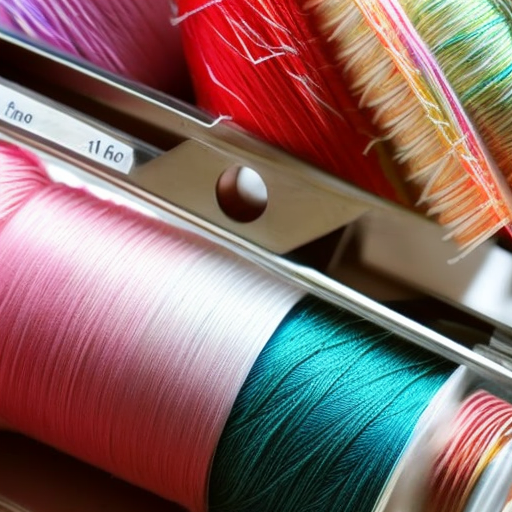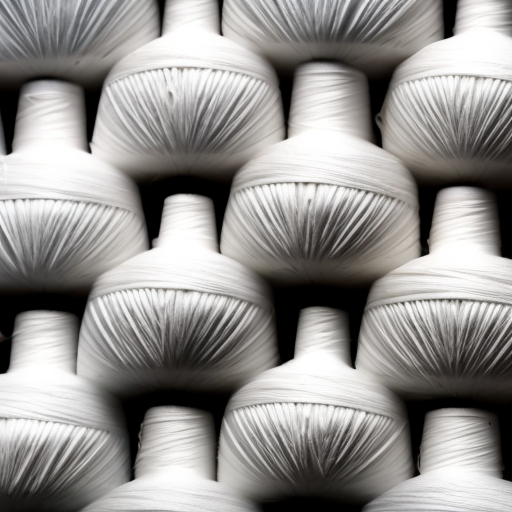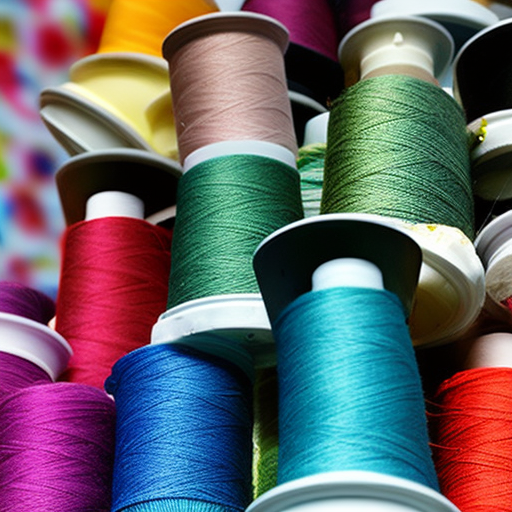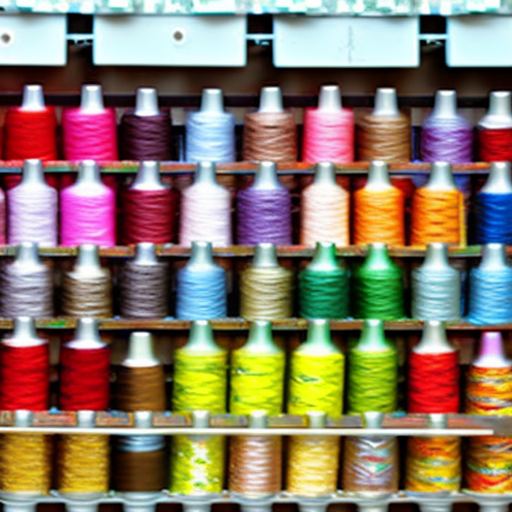
When it comes to sewing, the thread is an essential component. Whether you are a professional tailor or a hobbyist, understanding different types of sewing threads is crucial for successful and durable stitching. Here is some valuable information about sewing threads:
Types of Sewing Threads
There are various types of threads available in the market, each designed for specific purposes. The common types include:
- Cotton Thread: This thread is made from natural cotton fibers and is commonly used for general sewing purposes. It is ideal for lightweight and medium-weight fabrics.
- Polyester Thread: Polyester threads are synthetic and are known for their strength and durability. They are suitable for sewing heavy fabrics such as denim and leather.
- Nylon Thread: Nylon threads are another option for heavy-duty sewing. They offer excellent tensile strength and are often used in upholstery, outdoor gear, and leatherwork.
- Rayon Thread: Rayon threads have a lustrous appearance and are commonly used for decorative stitching, embroidery, and appliqué work.
- Metallic Thread: As the name suggests, metallic threads are made from metal-coated fibers. They add a sparkly effect to stitching and are often used for decorative purposes.
Choosing the Right Sewing Thread
When selecting a thread, consider the fabric type, weight, and the purpose of your project. Here are a few points to keep in mind:
- For lightweight fabrics such as silk and chiffon, opt for finer threads like cotton or polyester threads to prevent puckering.
- For heavy fabrics like denim or canvas, choose a thicker and stronger thread such as polyester or nylon.
- Consider the color of the thread and match it to your fabric or choose a contrasting color for decorative stitching.
- Always use high-quality threads to ensure better stitch integrity and longevity of your garments or projects.
Thread Sizes and Weight
Sewing threads are available in different sizes, denoted by a number. The higher the number, the finer the thread. Thread weight represents the thickness or heaviness of the thread. Most threads have a weight range between 30 to 60.
| Thread Size | Thread Weight |
|---|---|
| 30 | Heavy-duty |
| 40-50 | Medium |
| 60-80 | Lightweight |
Remember to adjust your sewing machine’s settings according to the thread size and weight to achieve optimal stitching results.
With this information, you’ll be able to select the right sewing thread for your projects and achieve beautiful and durable stitches every time!





This is so helpful! Great resource!
Interesting! With so many types of sewing thread out there, this topic is sure to come in handy for anyone looking for some useful sewing thread information!
Thanks for sharing!